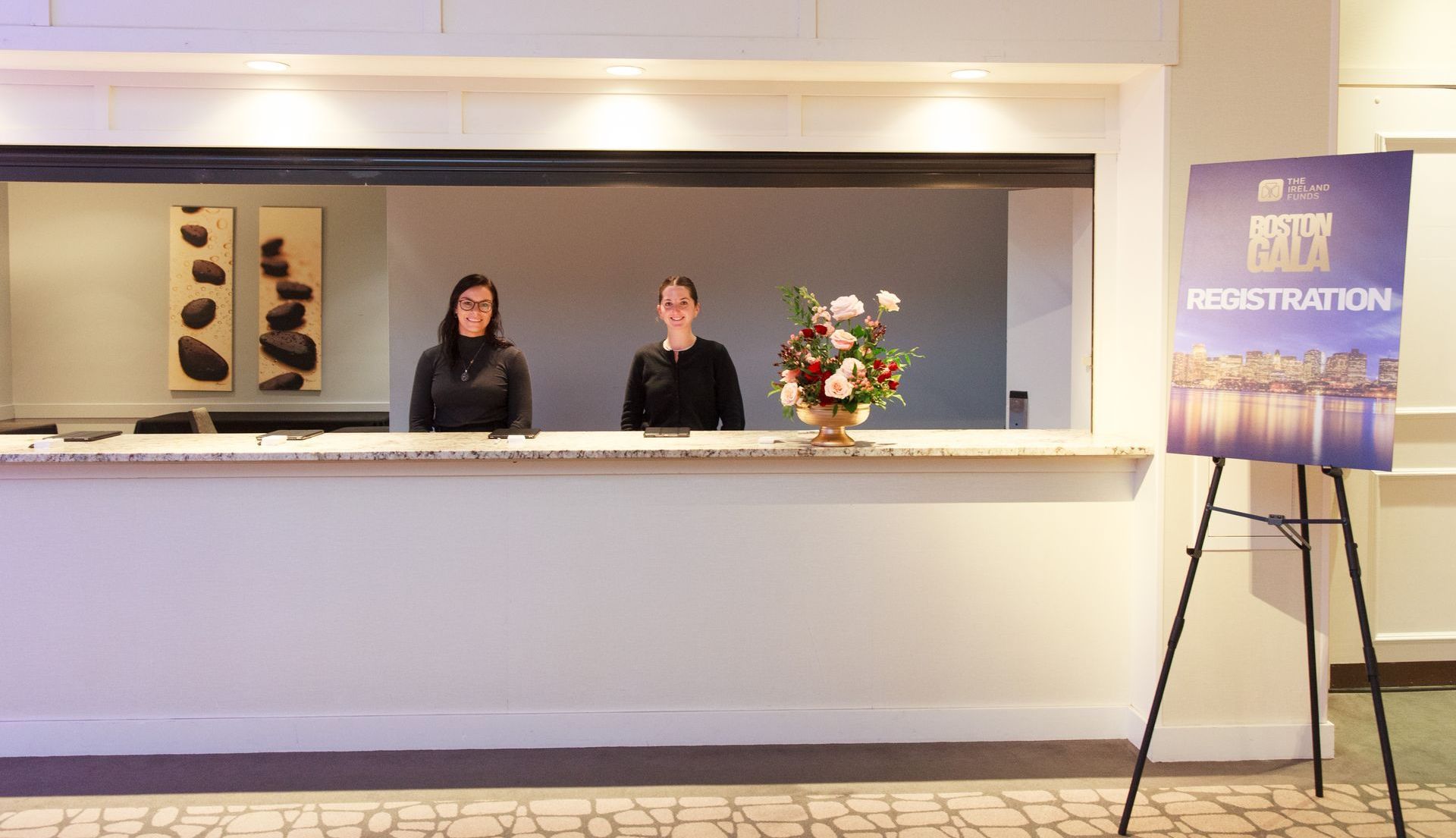Measuring ROI: Budget & Event Planning Strategies for Businesses in 2025
When planning a corporate event, whether it's an executive meeting or a large-scale conference, understanding how to measure return on investment (ROI) is essential…impossible…at least hard unless it is a sales focused product launch or something of that nature.
How Corporate Event Planning is Evolving in 2025
Today, planning corporate events is all about creating experiences that align with your company’s goals and deliver measurable outcomes. Budgets are tighter and a lot can be accomplished over the phone or zoom. The in-person, live
Budgeting Like a Pro for Maximum ROI
A well-planned budget can make all the difference when it comes to event success. It’s not just about setting a cap on expenses but about making sure every dollar spent has a purpose. This involves negotiating with vendors, using smart technology, and finding creative ways to maximize impact without overspending.
Budget management tools are particularly useful, offering real-time insights into spending. These tools allow event planners to adapt quickly if circumstances change, ensuring the event stays on budget while delivering high value.
Setting (and Crushing) Your Event Goals
One of the best ways to prove an event's worth is by setting clear goals from the beginning. Key Performance Indicators (KPIs) act as benchmarks for success, providing measurable outcomes that demonstrate whether the event met its objectives.
KPIs can range from tangible metrics like lead generation and sales to softer indicators like brand awareness and attendee satisfaction. Aligning KPIs with broader business goals ensures that the event contributes meaningfully to the company's objectives. For example, if the aim is to boost brand visibility, tracking social media engagement and media mentions can help show impact. If lead generation is the focus, monitoring new business inquiries or post-event sales conversions can provide valuable insights.
Justifying Event Spend with Data-Driven Metrics
For companies, justifying event budgets often means translating event success into quantifiable metrics. Numbers like increased sales, improved lead conversion rates, and high attendee engagement help illustrate the tangible benefits of an event.
A simple ROI formula can help calculate these benefits:
ROI (%) = [(Net Profit - Cost of Investment) / Cost of Investment] x 100
When event outcomes are backed by data, it's much easier to present a compelling case to stakeholders, showing exactly how the event contributed to business objectives.
Innovative Strategies to Boost ROI
Creative thinking can significantly enhance an event’s ROI. Incorporating interactive technologies, offering personalized experiences, and integrating sustainability and corporate social responsibility (CSR) initiatives are all effective strategies. These approaches not only improve attendee engagement but also enhance the event's overall impact on brand image.
Innovative event planning involves blending creativity with strategy, ensuring that events are not only memorable but also meaningful. Successful events often find ways to balance fresh ideas with practical solutions, creating experiences that resonate with audiences long after the event is over.
Addressing Common Event Planning Challenges
Event planning, particularly at the corporate level, comes with its fair share of challenges. From budget constraints and complex logistics to evolving attendee expectations, each event presents unique hurdles. However, with proactive problem-solving and detailed contingency planning, these challenges can often be turned into opportunities.
A thoughtful approach to event management involves staying agile and prepared, enabling planners to keep events on track even when unexpected issues arise. This flexibility is crucial for maintaining momentum and ensuring the event delivers its intended outcomes.
Making Corporate Events Work Harder for Your Business
As we look ahead to 2025, the most successful corporate events will be those that combine strategy, measurement, and execution. By setting clear goals, using data to drive decisions, and closely monitoring ROI, companies can transform events into powerful tools for business growth.
The takeaway? Measuring ROI isn't just about crunching numbers—it's about understanding how every aspect of an event contributes to larger business objectives. With the right strategies in place, corporate events can become not just an expenditure but a valuable investment that drives tangible business results.

















